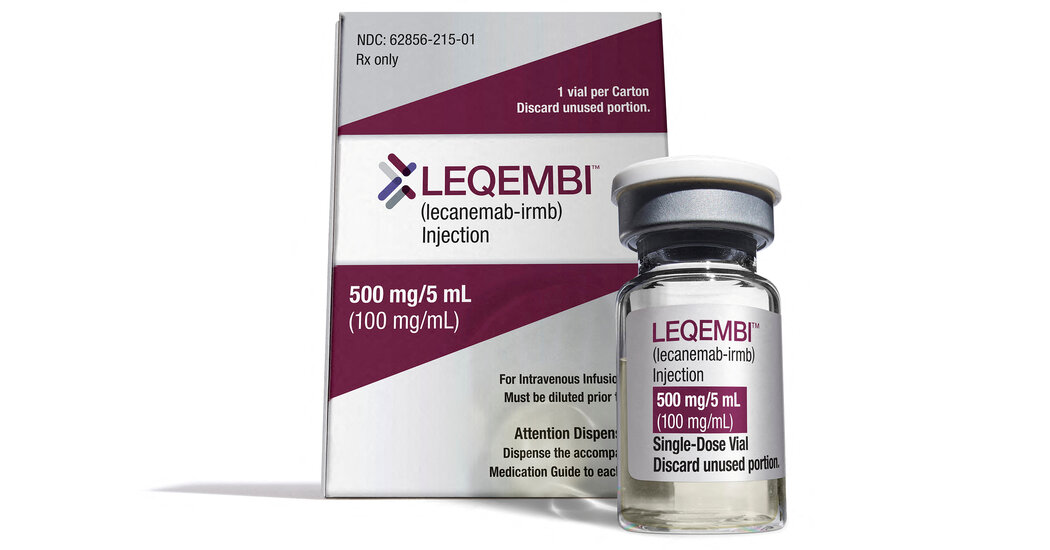Personalized t-shirts have become a popular choice for individuals and businesses looking to make a statement or promote their brand. However, the quality of the final product depends greatly on the materials used in the printing process. In this article, we will explore the different types of materials typically used for personalised t-shirt printing and examine how they affect the final product’s quality.
Understanding the Printing Process
Before delving into the types of materials used for personalized t-shirt printing, it’s essential to understand the printing process itself. There are several methods for printing custom designs onto t-shirts, including screen printing, digital printing, heat transfer, and sublimation. Each method has its unique requirements in terms of materials and produces different results in terms of print quality, durability, and cost-effectiveness.
Types of Materials Used for Personalized T-Shirt Printing
1. Cotton
Cotton is one of the most common materials used for t-shirt printing due to its softness, breathability, and affordability. It provides a smooth surface for printing and allows for vibrant and long-lasting colors. However, pure cotton t-shirts may shrink or stretch over time, affecting the fit and appearance of the printed design.
2. Polyester
Polyester is another popular choice for personalized t-shirt printing, especially for athletic wear and performance fabrics. It is durable, wrinkle-resistant, and quick-drying, making it ideal for sublimation and heat transfer printing techniques. Polyester blends are also commonly used to combine the benefits of both cotton and polyester, such as moisture-wicking properties and increased durability.
3. Blends
T-shirt blends combine different materials such as cotton, polyester, rayon, and spandex to create fabrics with specific properties such as stretch, moisture-wicking, and durability. Blends offer the best of both worlds, combining the softness of cotton with the durability of polyester or the stretchiness of spandex. They are versatile and can be used for a wide range of printing techniques and design applications.
Factors Affecting the Final Product’s Quality
1. Print Resolution
The type of material used for t-shirt printing can affect the resolution and clarity of the printed design. Smooth, tightly woven fabrics such as cotton provide a better surface for printing fine details and intricate designs. Polyester fabrics may result in slightly lower print resolution but offer better color vibrancy and durability.
2. Durability
The durability of the printed design depends on both the material of the t-shirt and the printing technique used. T-shirts made from high-quality materials such as cotton or polyester blends are more likely to withstand repeated washing and wear without fading or peeling. Additionally, certain printing techniques such as screen printing and sublimation are known for their durability and long-lasting results.
3. Comfort and Fit
The comfort and fit of a personalized t-shirt are crucial factors in determining its overall quality. Soft, breathable fabrics such as cotton are preferred for everyday wear, while moisture-wicking and stretch fabrics are ideal for athletic and performance wear. The type of material used can also affect the drape and silhouette of the t-shirt, influencing how the printed design looks and feels on the body.
Choosing the Right Material for Personalized T-Shirt Printing
When selecting materials for personalized t-shirt printing, it’s essential to consider factors such as print quality, durability, comfort, and intended use. Cotton is a versatile and widely used material that offers excellent print quality and comfort for everyday wear. Polyester and polyester blends are ideal for athletic and performance wear, providing durability and moisture-wicking properties. Ultimately, the choice of material depends on the specific requirements of the design, the printing technique used, and the preferences of the wearer.
Conclusion
The materials used for personalized t-shirt printing with logo printing play a crucial role in determining the quality, durability, and comfort of the final product. Cotton, polyester, and blends are the most common materials used for t-shirt printing, each offering unique properties and benefits. By understanding the characteristics of different materials and their effects on the printing process, individuals and businesses can make informed decisions when selecting materials for personalized t-shirt printing. Whether it’s for promotional purposes, personal expression, or athletic performance, choosing the right material is essential for achieving high-quality and long-lasting results in personalized t-shirt printing.














